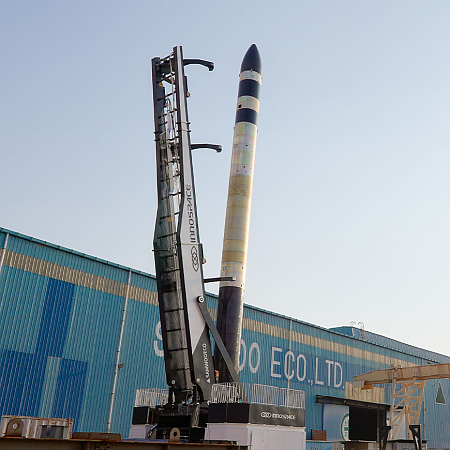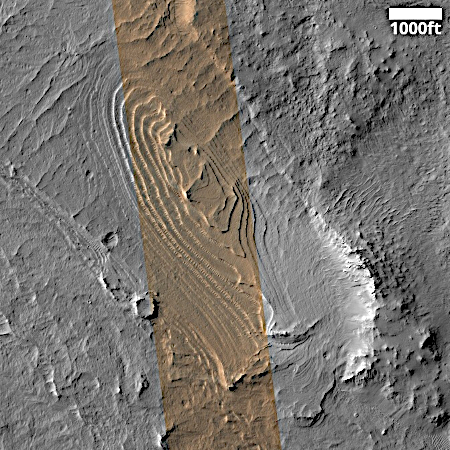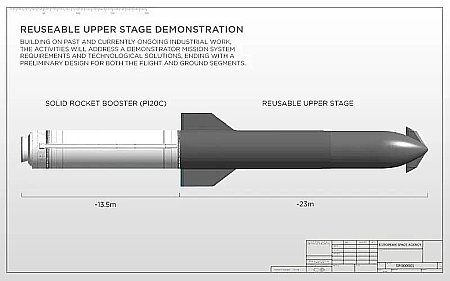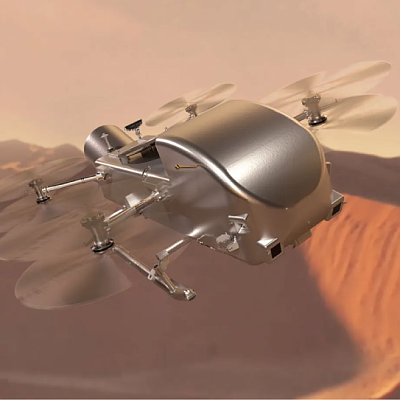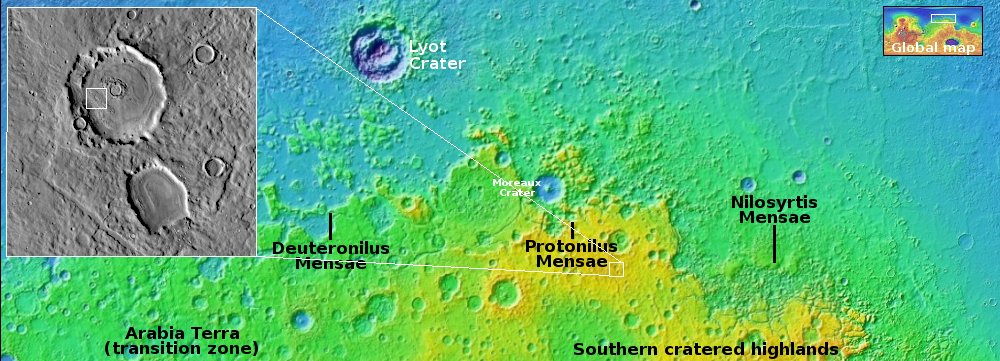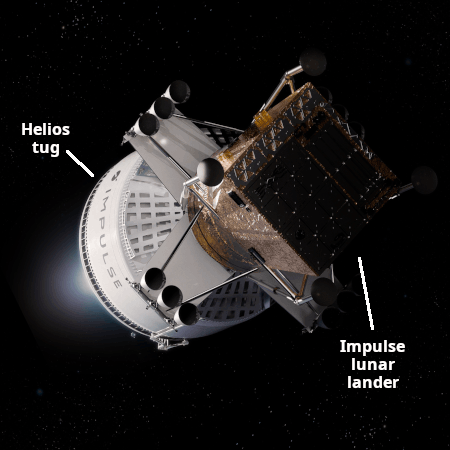Was it a piece of space junk that broke a United plane windshield in flight last week?
While flying at 36,000 feet last week, the right half of the windshield on a United 737-Max airplane was suddenly hit by something hard and dense, shattering it.
The outer glass fractured. One of the pilots was injured. In photos shared online, the captain appeared to have injuries consistent with shattered glass: his forearm bloodied, shards of broken glass strewn across the flight deck. Scorch marks appeared across the impacted section. Whatever hit the aircraft left no debris, no residue, and no clear explanation.
The crew was able to safely bring the plane back so that everyone could be off loaded.
Though we don’t know what the object was, there is now reasonable speculation that it might have been a piece of space junk falling to Earth. The plane was flying high enough to almost completely eliminate a bird as the cause, and the damage showed no sign of feathers, blood, or tissue. Moreover, the captain reported seeing something metallic just before impact.
The National Transportation Safety Board (NTSB) has started an investigation. Though space junk could have caused the incident, NASA estimates the odds of such a thing occurring at a trillion to one. It is far more likely there was some internal flaw in the window itself that caused it to catastrophically fail, though even this theory doesn’t fit all the known facts.
While flying at 36,000 feet last week, the right half of the windshield on a United 737-Max airplane was suddenly hit by something hard and dense, shattering it.
The outer glass fractured. One of the pilots was injured. In photos shared online, the captain appeared to have injuries consistent with shattered glass: his forearm bloodied, shards of broken glass strewn across the flight deck. Scorch marks appeared across the impacted section. Whatever hit the aircraft left no debris, no residue, and no clear explanation.
The crew was able to safely bring the plane back so that everyone could be off loaded.
Though we don’t know what the object was, there is now reasonable speculation that it might have been a piece of space junk falling to Earth. The plane was flying high enough to almost completely eliminate a bird as the cause, and the damage showed no sign of feathers, blood, or tissue. Moreover, the captain reported seeing something metallic just before impact.
The National Transportation Safety Board (NTSB) has started an investigation. Though space junk could have caused the incident, NASA estimates the odds of such a thing occurring at a trillion to one. It is far more likely there was some internal flaw in the window itself that caused it to catastrophically fail, though even this theory doesn’t fit all the known facts.


